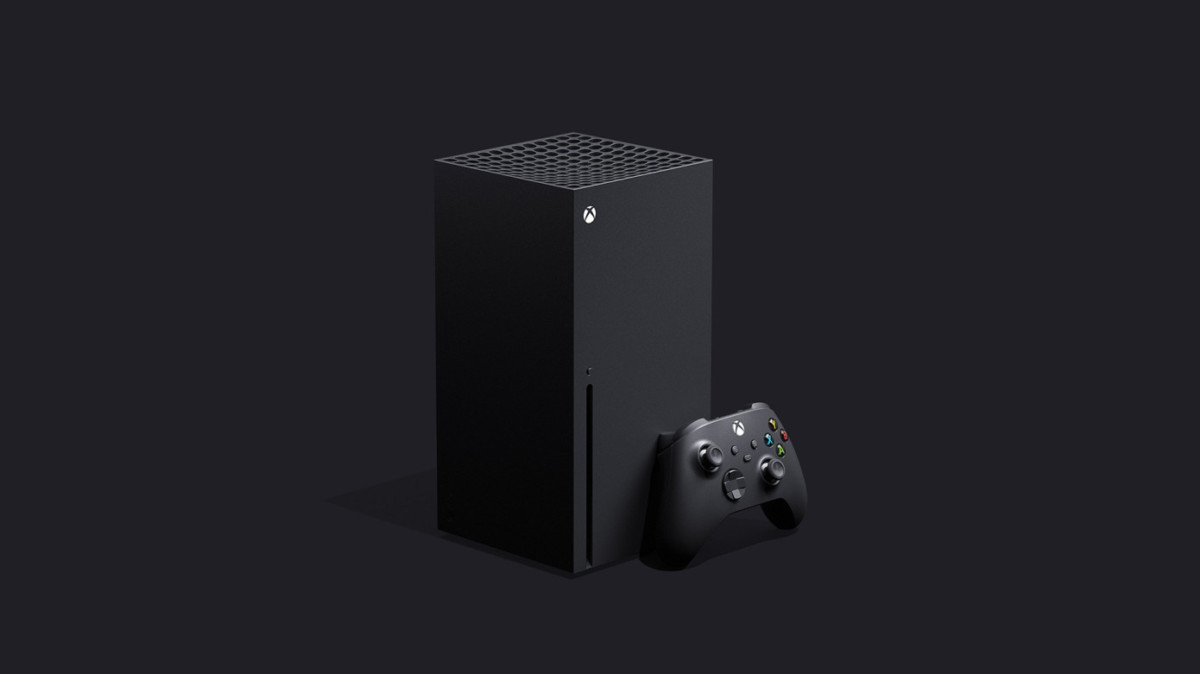
2020 and 2021 will be one of the periodic transitional eras in gaming as Sony and Microsoft debut their shiny new consoles, the PlayStation 5 and Xbox Series X. To ease the process (and spur adoption of the next generation), EA may make its upcoming titles free to “upgrade” to your chosen console.
On an earnings call last night, EA COO Blake Jorgensen at the end of his remarks noted a possible effect on revenue “from the games we are launching for the current generation of consoles that can also be upgraded free for the next generation.”
EA declined to comment on the comment, but the meaning seems obvious enough. It likely refers to “cross-gen” games that will appear on both existing consoles and those set to debut later in the year. If you buy the next, say, “Battlefield” game on PlayStation 4, you will have the option to transfer it somehow to the PlayStation 5.
Exactly how this would work is not clear — there will almost certainly be some rigmarole involving deactivating the license on your old copy — but the effect is a positive and consumer-friendly one. People can buy a game, from EA anyway, safe in the knowledge that they can continue to play it even if they buy a new console. That hasn’t been the case, in general, before.
In fact, the whole transition is looking to be a relatively easy one: The new consoles will be backward-compatible with many games from the previous generation; services like online access and monthly free games will cross over; some hardware and accessories will be shared; built-in streaming options mean improved portability.
EA’s apparent commitment to cross-gen upgrades is among the first, though some publishers and developers have floated the idea or declared support for it, pending approval from the console makers themselves. The confirmation could trigger an avalanche of announcements as others hurry to assure gamers that they, too, will provide this option.
Sony and Microsoft are the ones left holding the bag here: While a sale is a sale for EA or Ubisoft, the console makers are under tremendous pressure to show their console launches are successful. (Nintendo, as usual, is pursuing its own agenda independent from the cadence of its rivals.)
Part of that strategy is high-profile next-gen exclusives that people save up to buy alongside the new consoles, providing revenue spikes and platform lock-ins. When a large amount of those sales occur earlier in the year, and technically for the previous consoles, it’s not a good look.
These policies have a way of evolving right up to and beyond the moment of release. Sony clowned so devastatingly on Microsoft’s confusing and limited game transfer policies at E3 2013, the outset of this console generation, that it affected the whole zeitgeist, boosting PS4 sales and forcing Microsoft to reconsider. (You can see me in the video of it; I’ve rarely heard a crowd so excited about something.)
It’s better to err on the side of liberality, it turns out. EA, which has routinely erred in the other direction over the last few years, hopes perhaps to curry favor in advance of a gaming market opening up in new directions. We’ll see if other companies follow suit.